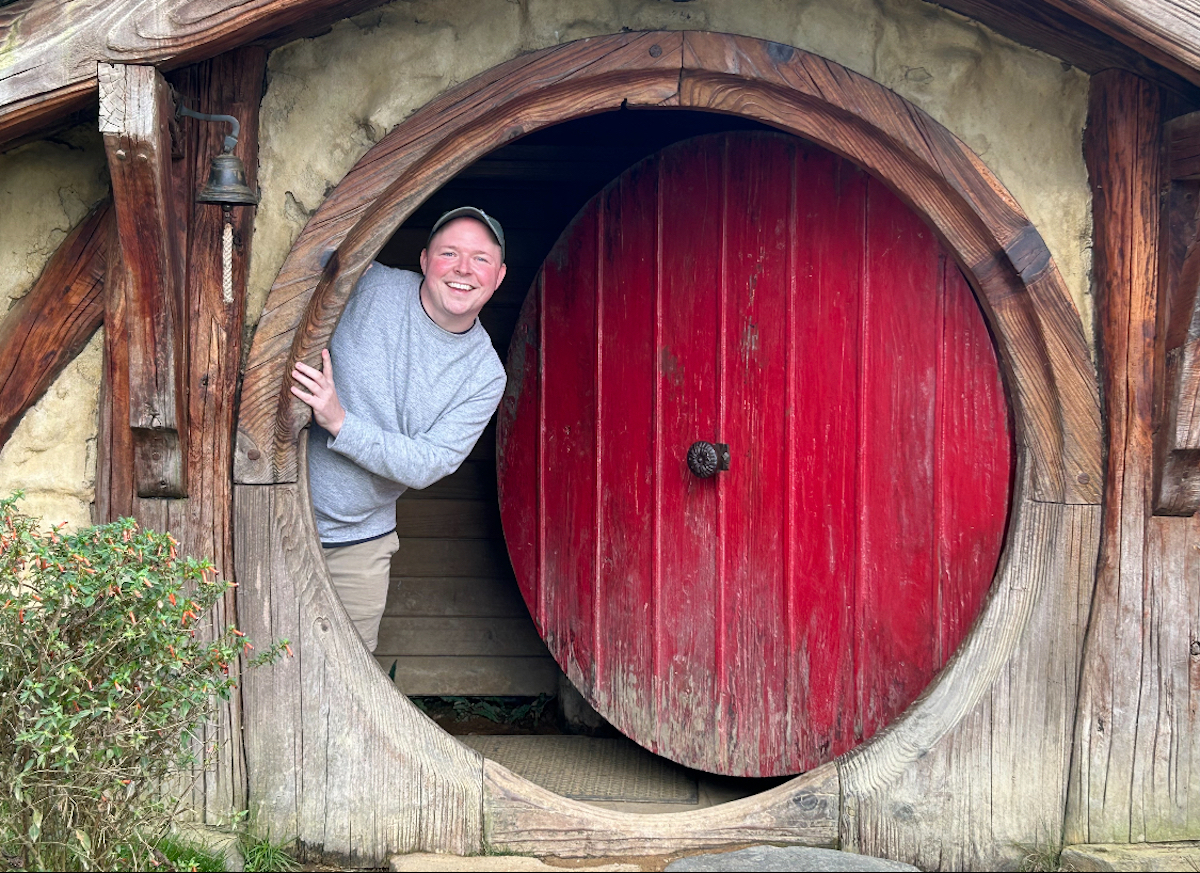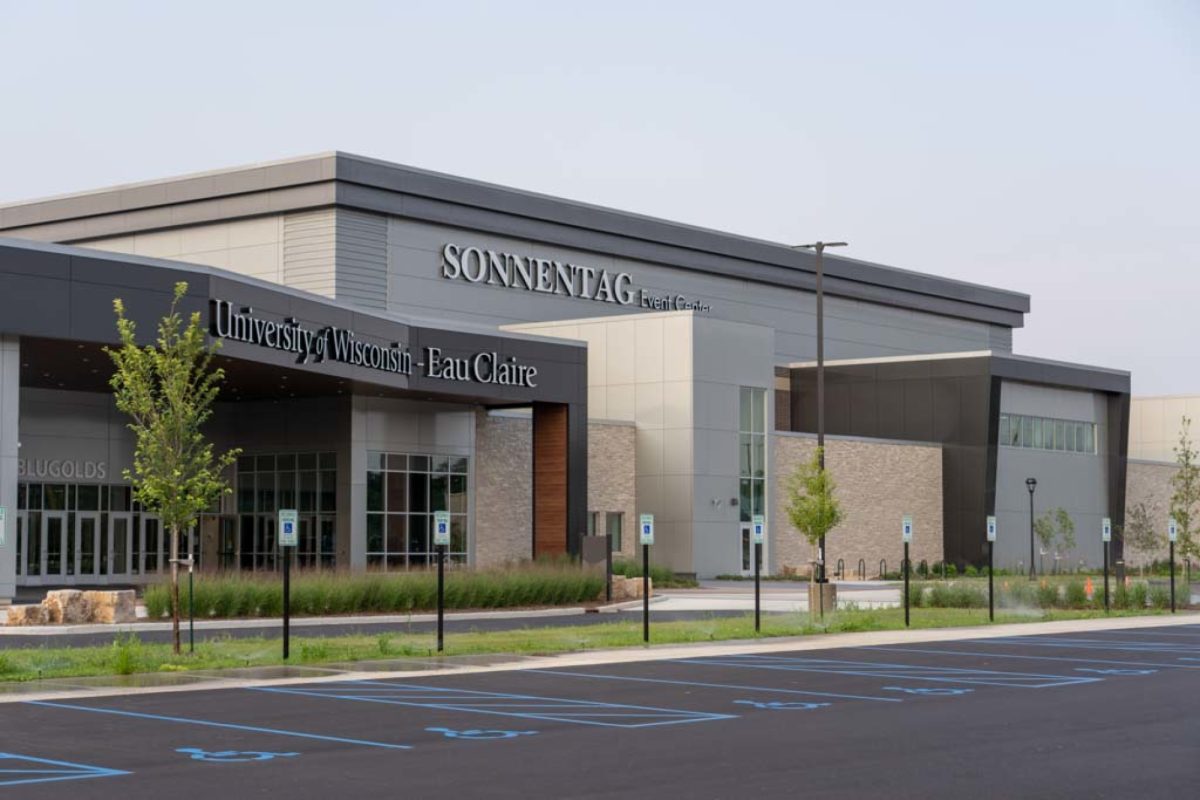The Symposium on Eastern Europe begins this weekend with the 12th annual two-day conference in Haas Fine Arts Center.
The event, entitled, “Twenty Years After: What We Have Learned and What We Have Failed to Learn Since 1991,” will feature ambassadors, diplomats and experts analyzing the history of Eastern Europe. These policy shapers are set to address economic, security, political and cultural issues following the collapse of the Soviet Union.
The Symposium started in 1994 when the university offered a semester in Latvia program, and returning students had a desire to keep up with the politics of the area they had lived and studied in. Themes throughout the years have changed, but each year interest grows and relationships between UW-Eau Claire and East European policy leaders strengthen.
Paulis Lazda, history professor and Symposium co-coordinator, said the event reaches out to both students and community members, bringing a feeling of connectedness to the world outside Eau Claire.
“This is really what the university aspires to be, to open the world to students and not limit the learning to the four walls of the classroom,” said Lazda. “The world is actually coming to us, instead of us looking for the world.”
Among the eight sessions, featured speakers include Dr. Maciej Kozlowski, a journalist for a Polish newspaper, and Guntars Krasts, a leader of Latvia’s independence movement. Kozlowski will speak on a “Recipe for a Bloodless Revolution” and Krasts covers “The Burden of Independence.”
Back by popular demand is Paul Goble, a former State Department Baltic Desk Officer. Goble plays an active role as an advisor and participant in events in the Baltic, and is referred to by Lazda as a “dynamic speaker.” Goble will cover “20 Years of Baltic Independence.”
Also speaking are Zigimantas Pavilionis, Ambassador of Lithuania to NATO; Nancy Wingfield, history professor at Northern Illinois; Andrejs Pildegovics, Ambassador of Latvia to Washington; and Margus Kolga, Ambassador of Estonia to Washington.
The event will conclude with a panel discussion, giving audience members an opportunity to ask questions.
Baltic Student Organization Treasurer Elina Jaunaraja-Janvare said this event is a great opportunity for American students to get more information about Eastern Europe from
credible sources.
“The reception is a great opportunity — there are a lot of speakers who are public figures in Latvia, and the panel discussion allow for students to ask questions,” Jaunaraja-
Janvare said.
Leaving time for discussion sets the Symposium apart from other events on campus because the audience has a unique chance to interact with area scholars, providing lessons for
democracy.
“I hope interest in East Europe continues, that students understand how we’re connected with the world,” Lazda said.
Speeches for the Symposium begin at 1:15 p.m. on Friday and 10 a.m. on Saturday. They will take place in Room 101 Haas Fine Arts Center; all events are free and open to the public. For more information, contact Symposium co-coordinator Paulis Lazda at lazdapi@uwec.edu.







